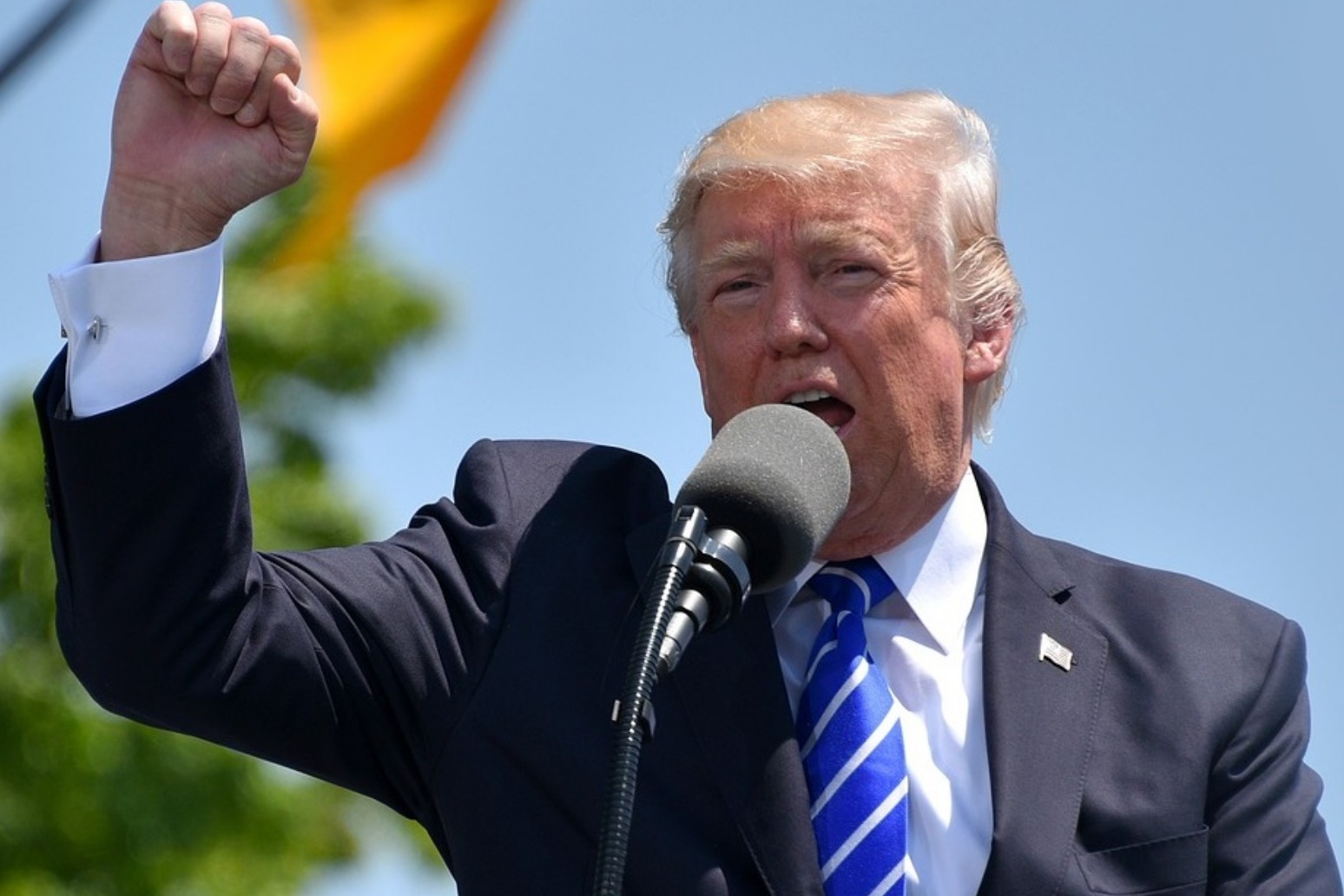
Donald Trump visits California following wilfires
The number of people missing after California's deadliest and most destructive wildfire jumped to 1,276, despite authorities locating hundreds of people who scattered when the Camp Fire tore through the mountain town of Paradise.
Forensic recovery teams sifting through the charred wreckage recovered the remains of five more victims, bringing the death toll to at least 76, authorities said. Sixty-three of them have been tentatively identified, pending DNA confirmation.
Butte County Sheriff Kory Honea said much of the increase in the number of missing was due to his office's efforts to comb through a backlog of emergency calls that came in during the first hours of the fire on Nov. 8.
He said officials were sifting through the list of missing persons for duplications and people who fled. Some 380 people had been located and taken off the list since Friday, he said.
"A lot of progress is being made with regard to that, but this is still raw data," Honea told a news conference.
The sheriff spoke after President Donald Trump visited Paradise, the small community that was home to nearly 27,000 people in the Sierra foothills, 175 miles (280 km) north of San Francisco, before being all but consumed by the blaze.
"Nobody could have thought this would ever happen," Trump told reporters amid the charred wreckage of the town's Skyway Villa Mobile Home and RV Park.
"This is very sad to see. As far as the lives are concerned, nobody knows quite yet," Trump said. "Right now we want to take care of the people who have been so badly hurt."
Trump was flanked by California Governor Jerry Brown and Governor-elect Gavin Newsom. Brown said the federal government was doing what it needed to do, including supporting first responders and helping with clean-up and search for victims.
The disaster already ranks among the deadliest U.S. wildfires since the turn of the last century. Eighty-seven people perished in the Big Burn firestorm that swept the Northern Rockies in August 1910. Minnesota's Cloquet Fire in October 1918 killed 450 people.
Trump has blamed the recent spate of fires on forest mismanagement, and he said he discussed the issue with Brown and Newsom on the ride into Paradise.
Asked whether the scenes of devastation had changed his view on climate change, Trump said: "No. I have a strong opinion. I want great climate and we're going to have that and we're going to have forests that are very safe."
Authorities attribute the high death toll from the blaze - dubbed "Camp Fire" - partly to the speed with which flames raced through the town with little warning, driven by howling winds and fueled by drought-desiccated scrub and trees.
More than a week later, firefighters have managed to carve containment lines around 55 percent of the blaze's perimeter.
Besides the toll on human life, property losses from the blaze make it the most destructive in California history, posing the additional challenge of providing long-term shelter for many thousands of displaced residents.
EVACUEES
With more than 12,700 homes and other structures up in smoke, many refugees have taken up temporary residence with friends and family, while others have pitched tents or were living out of their vehicles.
Hundreds of evacuees were being housed in 14 emergency shelters set up in churches, schools and community centers around the region, with more than 46,000 people remaining under evacuation orders, authorities said.
Several shelters are full and although authorities say they still have space for everyone, hundreds of people have been camping in tents and cars in the area.
LIST OF THE MISSING
The names were being compiled from information received from a special hotline, along with email reports and a review of emergency 911 calls that came in on the first night of the fire, Honea said.
Some listed have likely survived but not yet notified family or authorities. Others may not have been immediately listed because of delays in reporting them.
Honea bristled at a Friday press conference when asked whether many of those listed, more than a week after the disaster, were expected at this point to end up either deceased or declared missing and presumed dead.
"I don't think it's appropriate for any of us to sit and speculate about what the future holds," he said.
The sheriff on Saturday emphasized that authorities were largely relying on the public's cooperation to determine who on the list of missing persons is alive.
"I want to tell people that it’s really very important for you to take a look at the list and call us if you’re on the list and let us know."
Weather conditions have since turned more in the firefighters' favor, though strong, gusty winds and lower humidity were expected through early Sunday ahead of rain forecast for mid-week.
The outbreak of Camp Fire coincided with a series of smaller blazes in Southern California, most notably the Woolsey Fire, which is linked to three fatalities near the Malibu coast west of Los Angeles.
Scientists have said the growing frequency and intensity of wildfires in California and elsewhere across the West are largely attributable to prolonged drought that is symptomatic of climate change.
The precise causes of the Camp and Woolsey Fires were under investigation, but electric utilities have reported equipment problems in the vicinity of both blazes around the time they erupted.
Published: by Radio NewsHub